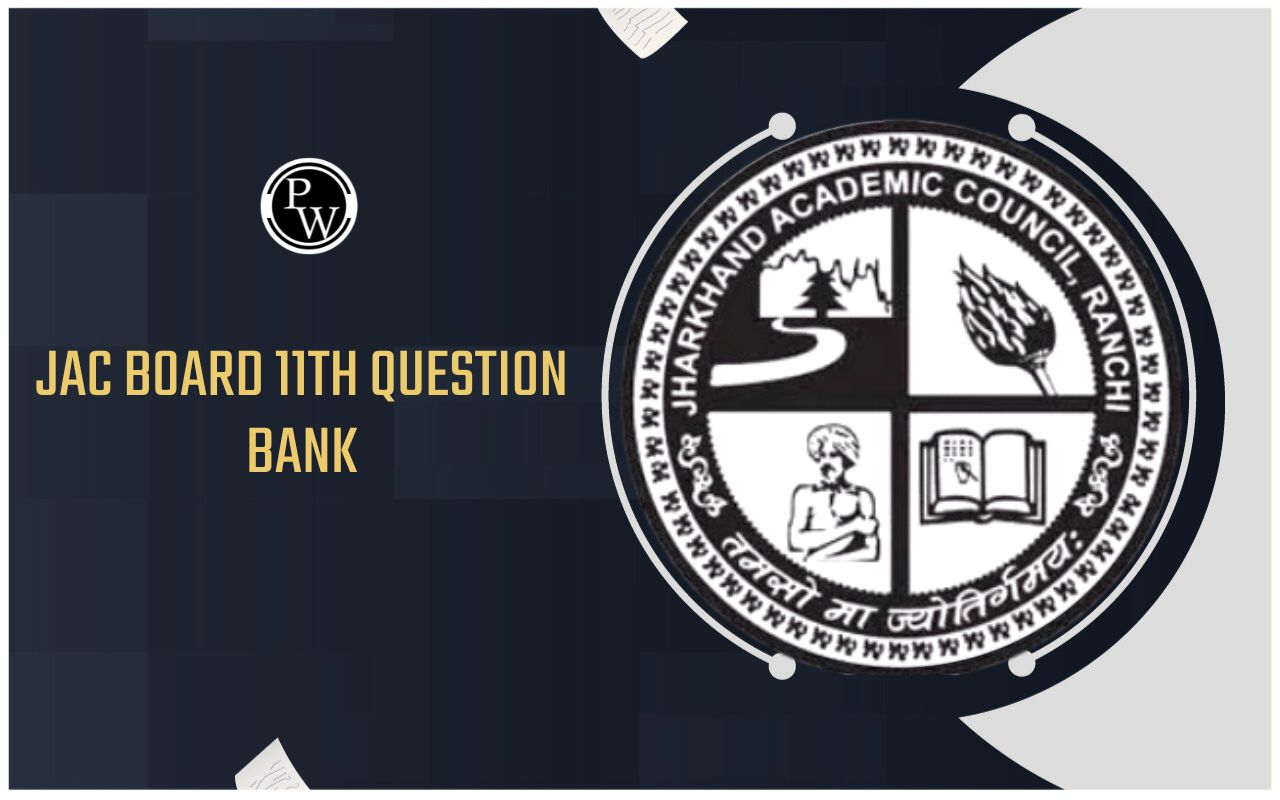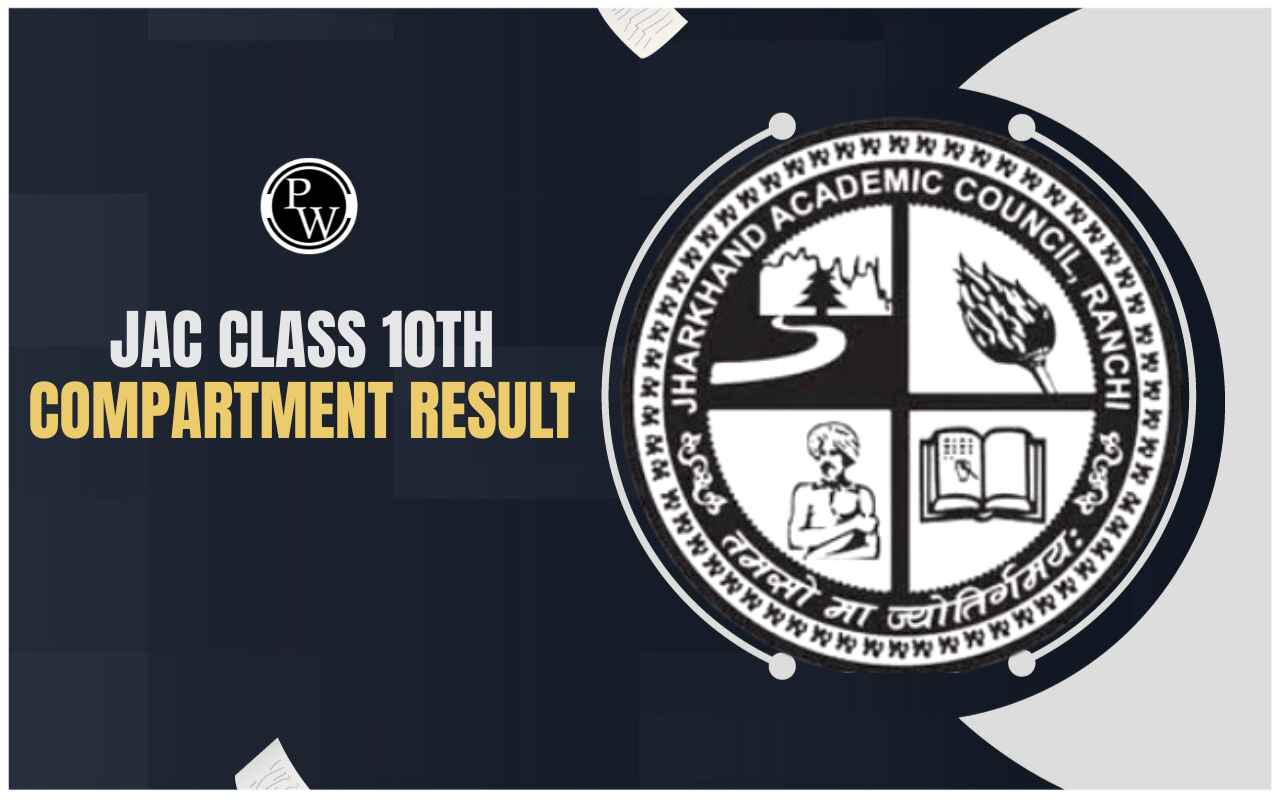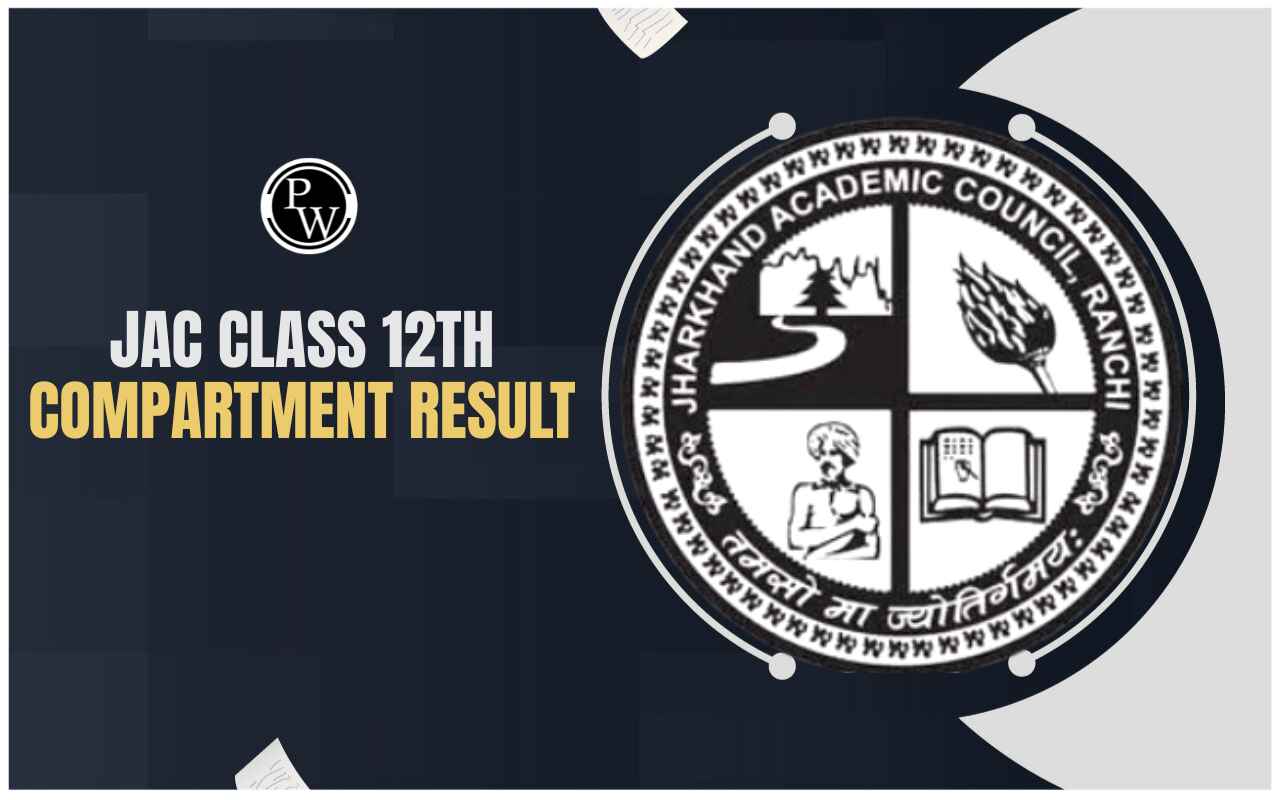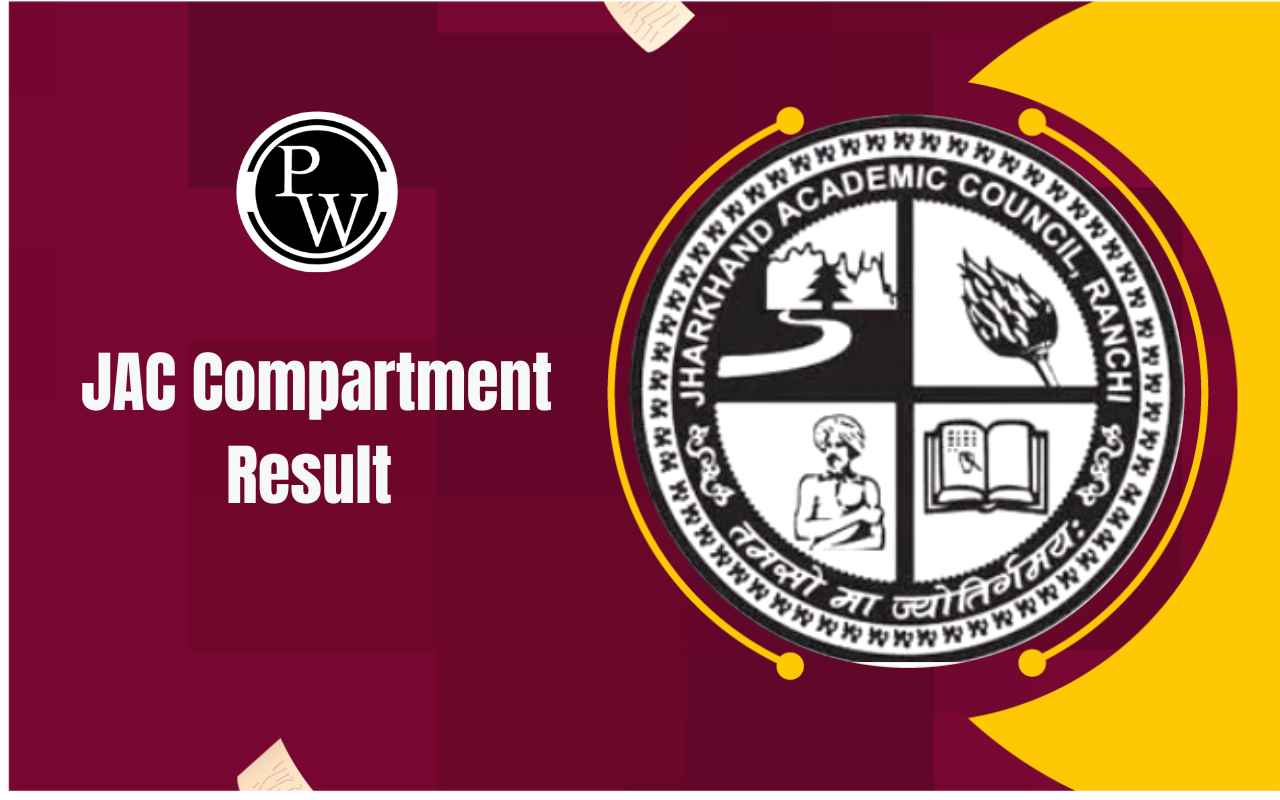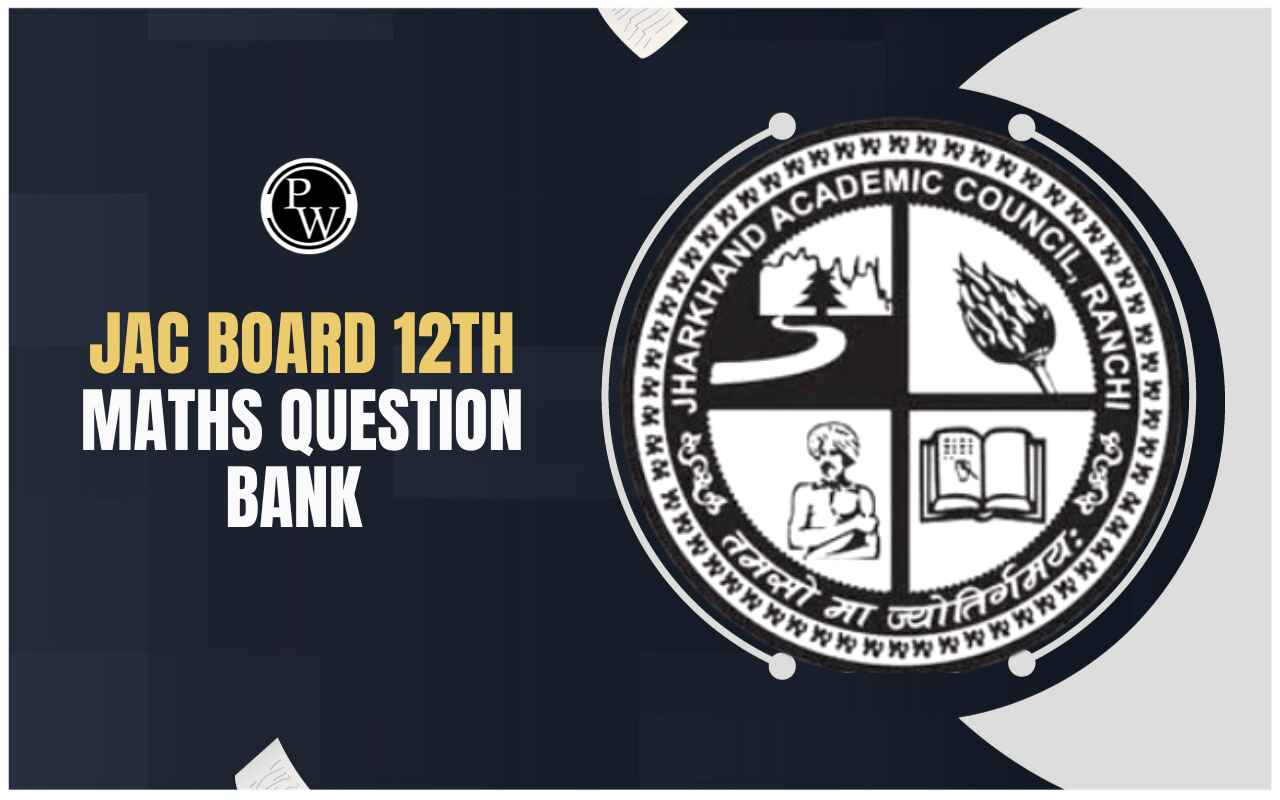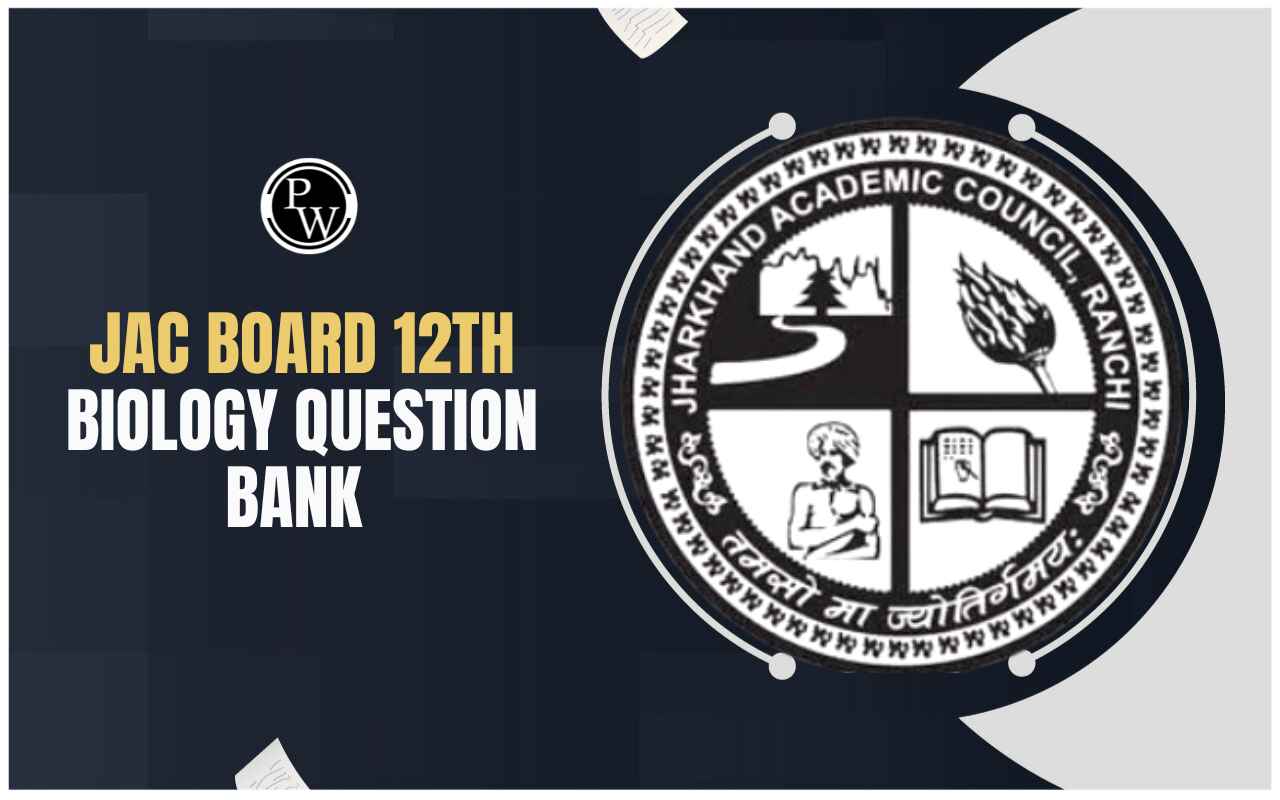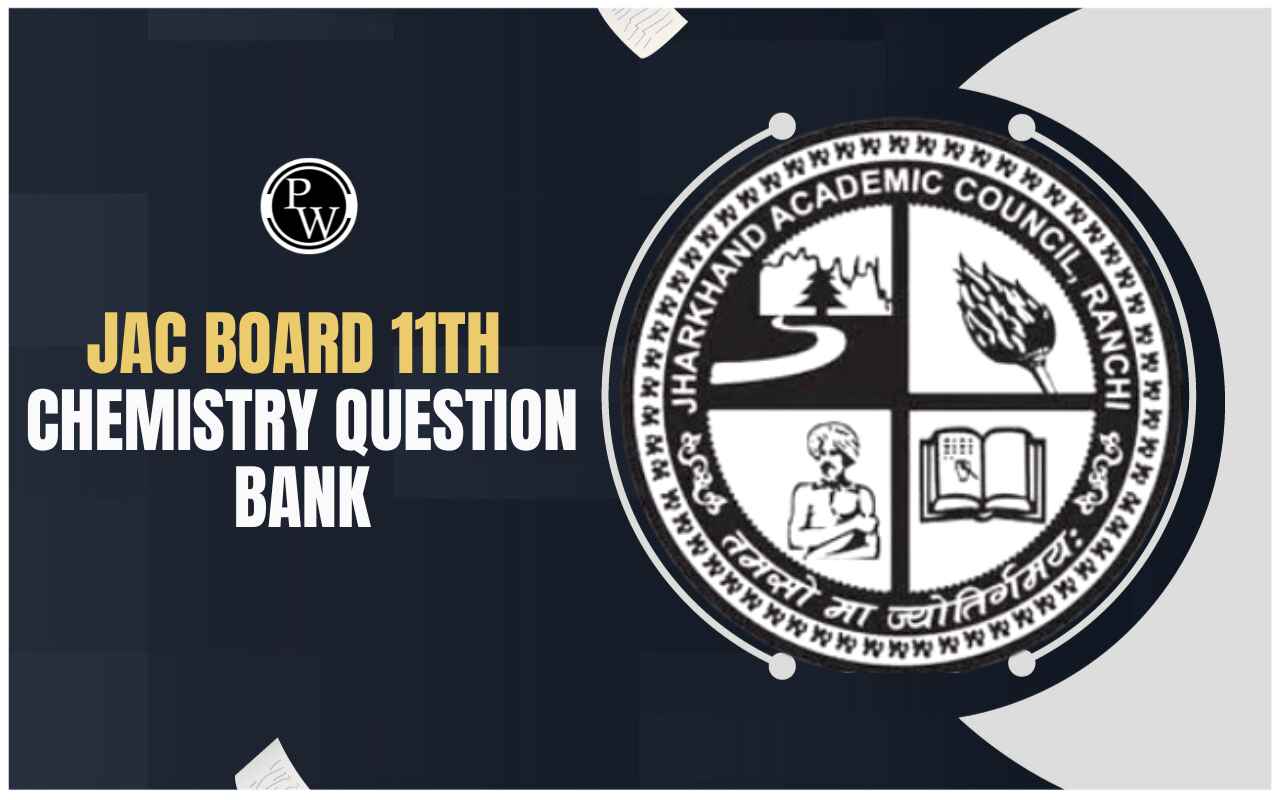
JAC Class 10th Science Syllabus 2025: The JAC Board has released the official syllabus including the typologies of questions included in the syllabus. It also mentions the chapter names from each science subject (Physics, Chemistry, and Biology), helping students focus on the key topics.
The JAC Board syllabus provides a clear overview of the units, marking schemes, and the distribution of topics, ensuring students are well-prepared for the upcoming academic year and board exams. It also highlights the important chapters that carry higher weightage, aiding students in prioritizing their studies.
JAC Class 10th Science Syllabus 2025 Highlights
The JAC Class 10th Science Syllabus 2025 highlights the important details about the official website and the marks weightage of the subjects. Here are the JAC Class 10th Science Syllabus 2025 Highlights:
|
JAC Class 10th Science Syllabus 2025 Highlights |
|
|
Conducting Board |
Jharkhand Board |
|
Class |
10th |
|
Official Website |
|
|
Academic Year |
2024-25 |
|
Subject |
Science (Chemistry, Biology, and Physics) |
|
Marks Weightage |
100 Marks |
|
Exam Duration |
3 hours |
JAC Class 10th Science Syllabus 2025 Exam Pattern
The JAC Class 10th Science Syllabus 2025 Exam Pattern gives a brief about the section-wise marking scheme. It includes various typologies of questions. The exam paper will be divided into two groups– Group A and Group B.
The subject itself carries 100 marks and students are required to solve 39 questions in 3 hours. The section-wise exam pattern is given below:
|
JAC Class 10th Science Syllabus 2025 Exam Pattern |
||
|
Group A |
||
|
Question Number |
Marks (per question) |
Total Marks |
|
Q1 - Q10 |
1 mark each |
10 |
|
Q11 - Q18 |
2 mark each |
16 |
|
Q19 - Q24 |
3 mark each |
18 |
|
Q25 & Q26 |
5 mark each |
10 |
|
Group B |
||
|
Q27 - Q31 |
1 mark each |
5 |
|
Q32 - Q36 |
2 mark each |
10 |
|
Q37 & Q38 |
3 mark each |
6 |
|
Q39 |
5 mark each |
5 |
|
Total |
80 |
|
JAC Class 10th Science Syllabus 2025
As the JAC board combines all the three sciences, it becomes important for students to focus on every chapter and sub topic to get a strong foundation so they can build a strong understanding and do well in their exams. Here are the chapters included in each science subject:
JAC Class 10th Toppers List 2025
JAC Class 10th Science Syllabus 2025: Physics
The Physics syllabus for JAC Class 10 includes important topics like light, electricity, magnetism, and energy sources. Students will learn how light reflects and refracts, how the eye works, and how electricity and magnets are used in daily life. These topics help build a strong base for higher studies and exams. The above mentioned chapters are included in the syllabus.
-
Reflection and Refraction of Light
-
The Human Eye
-
Electricity
-
Magnetic Effects of Electric Current
-
Sources of Energy
JAC Class 10th Science Syllabus 2025: Chemistry
The Chemistry syllabus covers key topics like chemical reactions, carbon compounds, and the periodic table. These chapters help students understand the nature of substances and how they react. It builds a strong base for future studies in chemistry and everyday applications. These are the chapters included in the syllabus:
-
Chemical Reactions
-
Acids, Bases, and Salts
-
Metals and Non-metals
-
Carbon and Its Compounds
-
Periodic Classification of Elements
JAC Class 10th Science Syllabus 2025: Biology
The Biology syllabus includes topics like life processes, control and coordination, reproduction, heredity, and our environment. These chapters help students understand how living things function and interact with each other. It builds awareness about the human body, nature, and ecological balance. Below are the chapters included in the syllabus:
-
Life Processes
-
Control and Coordination
-
How Do Organisms Reproduce?
-
Heredity and Evolution
-
Our Environment
JAC Class 10th Science Syllabus 2025 Benefits
-
The syllabus focuses on each science, helping students build a strong foundation in all the three sciences- Biology, Physics, and Chemistry. It covers the basics which help students in higher classes.
-
Science not only helps students to learn about the natural world and how things work around them but also encourages them to think logically and solve numericals as well as understand concepts in a detailed manner.
-
The JAC Class 10th Science Syllabus 2025 benefits the students by creating a base that helps students understand more advanced topics in Classes 11 and 12, especially if they choose the science stream.
-
It allows students to understand the high weightage units and the type of questions included in the syllabus.
-
By focusing on practical knowledge and experiments, the syllabus encourages hands-on learning, which not only makes science more engaging but also reinforces theoretical concepts with real-life examples.
JAC Class 10 Science Syllabus 2025 FAQs
What is the syllabus of science class 10 2025?
What are the subjects for JAC 10th?
What subjects are covered in the JAC Class 10th Science Syllabus 2025?
Is class 10th science easy?


